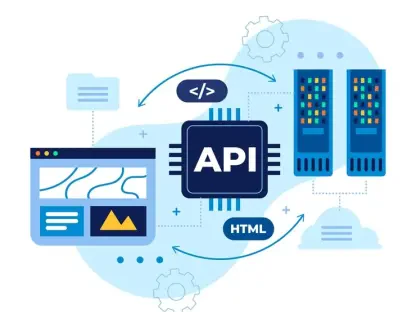The mobile app security industry is at a critical juncture, driven by the escalating threat landscape and the need for robust protective measures. As technology advances, hackers are employing increasingly sophisticated methods to exploit vulnerabilities, posing significant risks to businesses and consumers alike. In this dynamic environment, Digital.ai introduces the Quick Protect Agent, a no-code solution that promises to bolster mobile app security with efficiency and precision. This development aims to fill crucial security gaps, primarily for secondary and tertiary applications often overlooked in standard security protocols.
Overview of the Mobile App Security Industry
The mobile app security industry is a vast and rapidly evolving sector characterized by a constant battle between security advancements and evolving threats. Spanning diverse segments, this industry includes primary apps like banking applications as well as secondary ones accessed mainly by employees. Key players in this space are continuously innovating to safeguard user data and maintain trust in digital environments, while technological influencers such as artificial intelligence and automation drive both security capabilities and the methods employed by cybercriminals. The regulatory framework plays a pivotal role, with laws and compliance standards setting the bar for safety measures and practices that app developers must adopt.
Key Trends in Mobile App Security
Technological and Consumer Trends
Emerging technologies significantly impact mobile app security, with innovations like AI and machine learning improving both defensive strategies and attack methods. Consumers demand seamless yet secure app experiences, prompting developers to balance security features with usability. As device functionalities expand, app vulnerabilities likewise increase, presenting new opportunities for security solutions that can adapt to rapidly changing user behavior and technological landscapes. This ongoing evolution highlights the necessity for agile security tools that cater to diverse app environments without compromising performance.
Market Data and Projections
With the market poised for substantial growth, data indicates a surge in demand for advanced security features, reflecting the increasing awareness and importance of app protection across industries. Analysts project continuous growth in this sector, supported by rising investments in security technologies and an emphasis on integrating security into the app development lifecycle. The emerging trends and statistics suggest a promising trajectory for mobile app security solutions, driven by both technological advancements and heightened security concerns.
Challenges in Mobile App Security
Mobile app security faces multifaceted challenges, influenced by technological complexities, regulatory hurdles, and market dynamics. Developers often struggle with integrating robust security measures without hampering app performance, particularly in secondary and tertiary applications. Inadequate security can expose vulnerabilities, making apps susceptible to exploitation by cybercriminals. Strategies to overcome these challenges focus on developing intuitive, user-friendly tools that enable seamless security integration. By utilizing automation and advanced technologies, developers can enhance app resilience while maintaining optimal functionality.
Regulatory Landscape and Its Impact
The regulatory environment significantly influences mobile app security practices, with stringent laws mandating protective measures to guard user data. Compliance with regulations such as GDPR and CCPA ensures a standardized approach to security, compelling developers to prioritize data protection. These regulations necessitate a proactive stance on security, driving innovation in technologies and practices that meet established standards. As regulatory frameworks evolve, the industry must adapt to new compliance requirements, reinforcing the need for dynamic, scalable security solutions.
Future Outlook for Mobile App Security
The future of mobile app security appears promising, driven by continuous innovation and an increasing focus on comprehensive security strategies. Emerging technologies such as blockchain and advanced encryption methods offer new avenues for enhancing app protection, while consumer preferences for privacy and data integrity shape the development of security solutions. The industry’s trajectory suggests a shift toward automated, intelligent security mechanisms that can anticipate and mitigate threats in real time. This evolution will likely redefine app security landscapes, presenting both challenges and opportunities for developers and businesses.
Conclusion and Recommendations
In reflecting on the industry’s progression, it becomes evident that embracing innovation and adaptive strategies has been imperative for addressing app security challenges effectively. Digital.ai’s Quick Protect Agent exemplifies this approach by offering a practical, no-code solution to empower developers and bolster app defenses against sophisticated threats. Looking ahead, stakeholders should focus on integrating security deep into the app development process, ensuring compliance with regulations, and leveraging new technologies to stay ahead of malicious actors. The continued collaboration between industry leaders and regulators will be crucial in fostering an environment where app security seamlessly adapts to evolving technological and consumer landscapes.









